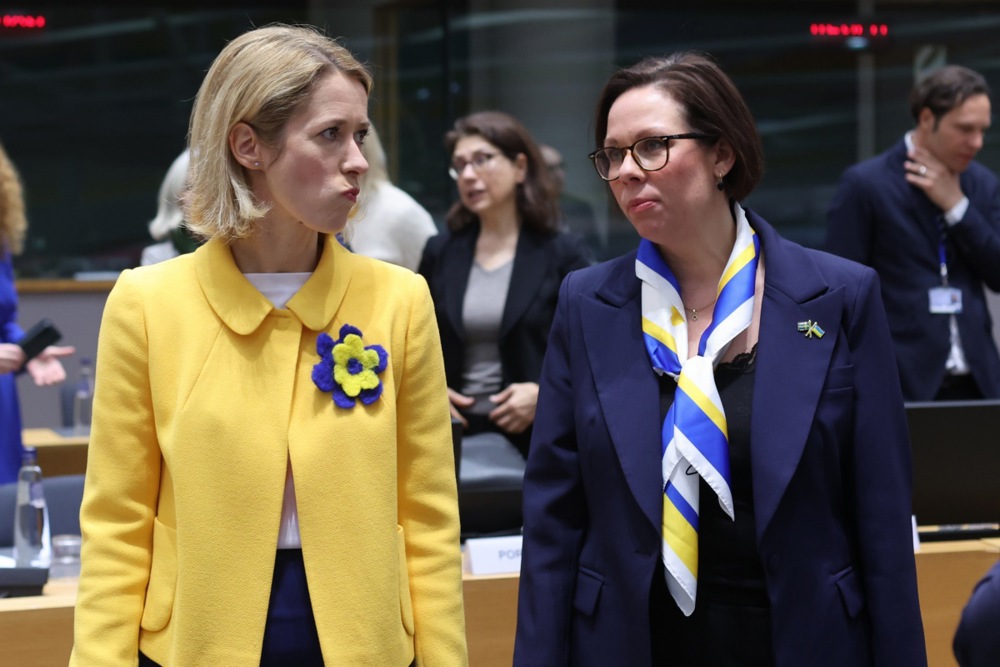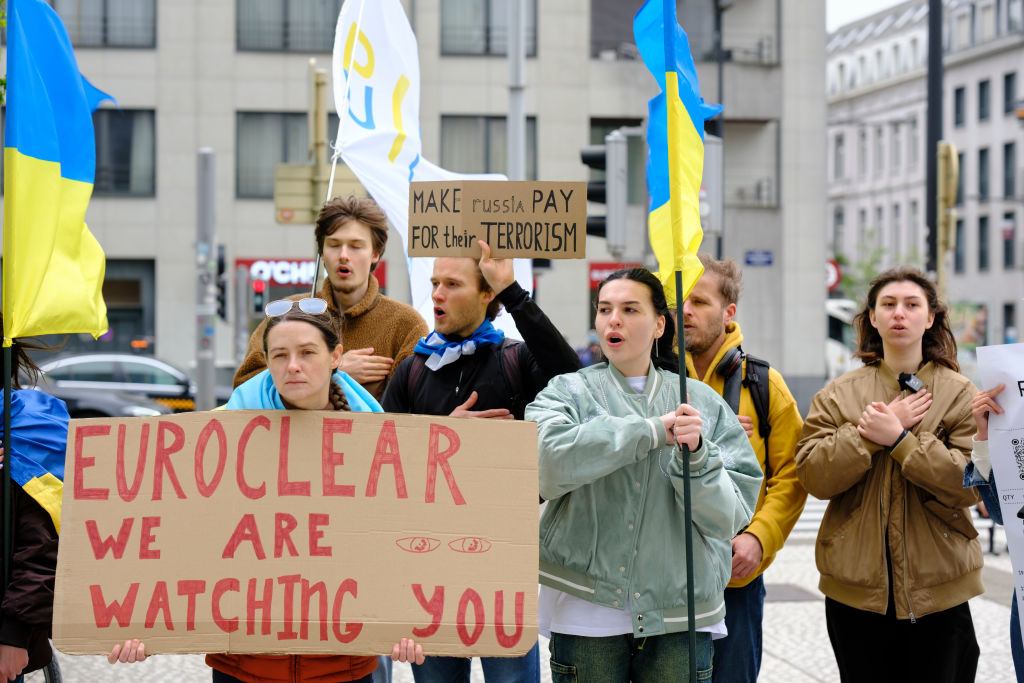The European Union has suspended a range of sanctions against Syria, aiming to support the country’s economic recovery and reconstruction after nearly 14 years of civil war.
The decision, announced on February 25, followed the ousting of Syrian President Bashar al-Assad by the Islamist group Hayat Tahrir al-Sham (HTS) in December 2024.
In a policy shift, the EU’s move included the suspension of restrictions on Syria’s energy, banking, transport and reconstruction sectors.
Specifically, the bloc lifted sanctions on oil, gas and electricity and eased restrictions in the transport sector.
Additionally, asset freezes on five Syrian banks have been removed, allowing them to access previously frozen funds and make them available to the Syrian Central Bank.
The measures were expected to facilitate humanitarian aid and reconstruction efforts, crucial for a country devastated by years of conflict.
The EU has also extended exemptions to enable financial transactions necessary for humanitarian and reconstruction purposes.
Brussels added it would continue to monitor the situation in Syria to ensure that the suspensions remain appropriate.
Kaja Kallas, the EU’s foreign affairs chief, emphasised that the bloc was ready to reimpose sanctions if necessary.
“Any kind of government needs to be all-inclusive and take into account all the different groups that are in Syria,” she stated.
The EU chose to maintain other sanctions, including those related to arms trading, dual-use goods, surveillance software and the international trade of Syrian cultural heritage.
They were initially imposed in 2011 following Assad’s violent crackdown on protesters, which led to a brutal civil war.
HTS, a former branch of Al-Qaeda that took power in Syria, has been attempting to distance itself from its extremist past.
Ahmed al-Sharaa, the group’s leader who is now the interim president of Syria, has pledged to work on a new constitution and has called for the respect of religious minorities.
The EU has not yet removed HTS and al-Sharaa from its terrorist list.
February 24’s decision came amid a humanitarian crisis in Syria, where more than 90 per cent of the population lives below the poverty line and millions rely on humanitarian assistance.
Human Rights Watch (HRW) has criticised broad sectoral sanctions, arguing that they impeded access to essential services and harmed civilians.
The EU’s partial lifting of sanctions was seen as a step toward addressing those concerns but HRW has called for a more comprehensive removal of restrictions that have affected civilian welfare.
The shift in Syria’s political landscape has also drawn reactions from neighbouring countries. Israel, which had historically been wary of developments in Syria, has moved troops into the buffer zone between the two countries, citing security concerns.
Israeli Prime Minister Benjamin Netanyahu has stated that his forces will remain in the buffer zone indefinitely, underscoring Israel’s apparent determination to prevent any potential threats from the new Syrian regime.
?️Don´t miss the full interview with @RibalAlAssad first cousin to deposed Syrian President Bashar Al-Assad ?? https://t.co/EZ3ZrDbzmG#syria #politicslive #politicstoday pic.twitter.com/33nM5p34Iu
— Brussels Signal (@brusselssignal) December 11, 2024





